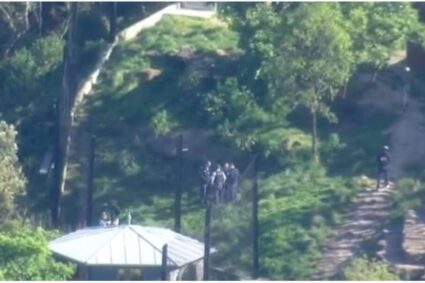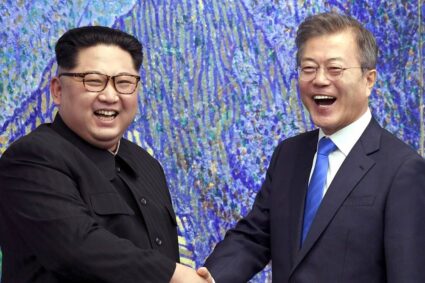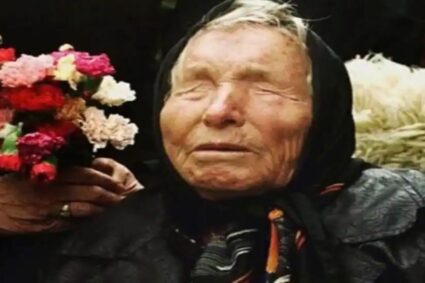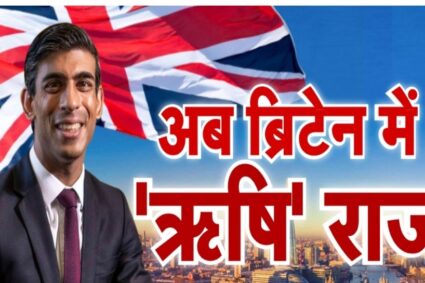
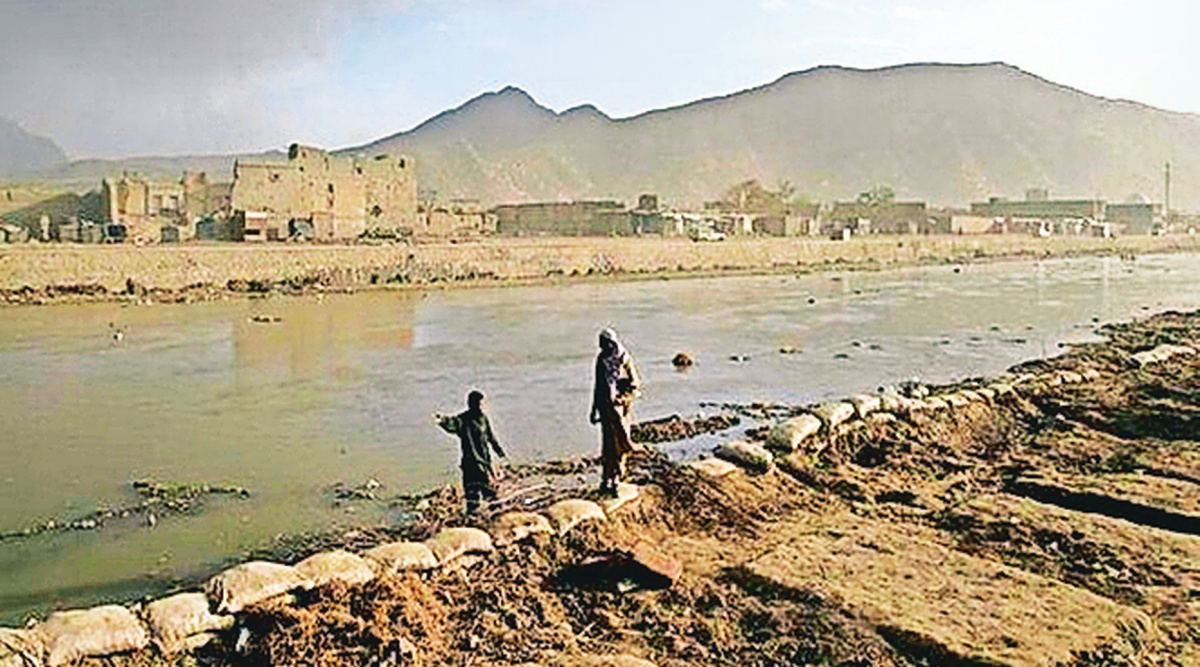
THE TALIBAN regime in Afghanistan has asked India to complete the development projects it had started in that country, Foreign Ministry spokesman Abdul Qahar Balkhi said on Sunday.
“We are hopeful that with the upgrading of the diplomatic mission, we will move forward from the humanitarian aspect to development aspects. And in that area, our priority that we’ve also conveyed to the Indian side is that of the completion of some of the incomplete projects that India has done, as a first step,” Balkhi said in an interview with The Indian Express — a day before the first anniversary of the Taliban takeover of Afghanistan.
August 15 has been declared a holiday but celebrations by the Taliban regime will be low-key, restricted to an official media event. The main events may take place on September 1, the day the last foreign troops left Afghanistan last year.
Balkhi named the Shahtoot Dam in Kabul as one of the projects that the Taliban wanted India to complete. “India has a lot of different projects, and they are incomplete. And we have urged them to complete those because if they are not completed, all of it will go to waste,” he said.
Subscriber Only Stories
India recently reopened its embassy in Kabul, a year after it was shut down and all personnel evacuated in the wake of the August 15, 2021 Taliban takeover of Afghanistan. The mission is manned by a director-rank IFS officer, who is the officiating deputy chief of mission, and four other officials. A contingent of ITBP has also been flown over for the security of the embassy.
On Saturday, External Affairs Minister S Jaishankar had said in Bengaluru that India’s decision to restart the mission was to help the Afghan people by providing humanitarian and medical assistance and that India wished to help in the area of vaccine development.
India’s development assistance to Afghanistan is estimated to be worth well over $3 billion across 20 years, including key roads, dams, electricity transmission lines and substations, and schools and hospitals.
Advertisement
Although Delhi has not made any statements yet about increasing its diplomatic presence in Kabul, Balkhi issued a statement on Saturday, saying the Islamic Emirate of Afghanistan (IEA), the formal name for the Taliban regime, “welcomes India’s step to upgrade its diplomatic representation in Kabul”. He said the regime would ensure security and provide “all cooperation”.
He reiterated on Sunday that “security assurances, diplomatic immunities and all the other necessary steps” had been given to India to upgrade the embassy.
“We are moving in a very positive direction [with India]. They have reopened the embassy, they have sent their diplomats, they are looking at upgrading the level of representation here in the embassy, we have reopened flights between India and Afghanistan. We are working on letting Indian flights also come to us and currently there is Kam Air that has flights with India,” he said.
Advertisement
Balkhi said trade with India has “doubled”, and “we’re hopeful that moving forward through dialogue and engagement, we will address the remaining problems and concerns and reach a better stage”.
The IEA also wants India to work on connectivity projects, Balkhi said, “because we need to connect Central Asia to South Asia. Afghanistan is the closest and most efficient route when it comes to the area of connectivity”.
He said in order to revive connectivity through Iran’s Chabahar port, the Taliban regime is “trying to revive the trilateral mechanism. We have sent our proposal and our messages to the Indian and Iranian sites. And they are open to reviving the Chabahar route”. The Taliban regime is also keen to revive the Turkmenistan-Afghanistan-Pakistan-India (TAPI) pipeline project.
In response to a question on Pakistan’s denial of access over the land route to Afghanistan, he said this was “a matter between India and Pakistan… From our side, we are open to all countries to realise the full potential of Afghanistan when it comes to investments, minerals, trade, transit and connectivity”.
Balkhi, who lived abroad for several years and speaks English fluently, said the IEA “do not take as fact the claims of the United States” on the presence of the Al Qaeda leader Ayman Al Zawahiri or his killing in Kabul two weeks ago. He said the official investigation announced by the regime was still ongoing.
Advertisement
Reminded about a UN report flagging the presence of Al Qaeda and other terrorist groups including those that were a direct concern to India, such as Jaish-e-Mohammed and Lashkar-e-Toiba, Balkhi said the UN had a “track record” of “untrue reports” on Afghanistan. He pointed to a report in the New York Times about a new assessment by US intelligence agencies that Al Qaeda has not regrouped in Afghanistan and does not directly have the ability to carry out attacks.
“But the important thing is that the government of Afghanistan has a policy, which is that no individual or group will be allowed to use the territory of Afghanistan to threaten the security of others,” he said.
Advertisement
Newsletter | Click to get the day’s best explainers in your inbox
Asked if the Taliban had a formal position on the Kashmir issue, the spokesman said: “The policy of the new government of Afghanistan is that we do not interfere in the internal matters of other nations. And we do not allow others to interfere in the internal matters of Afghanistan.”
Advertisement
Asked if it was the Taliban’s position that Kashmir was India’s internal issue, he said: “We consider it an internal issue of Kashmir and all the other relevant sides.”
He said the “best way” that Indian concerns about the Taliban could be addressed was “through engagement and through dialogue and interaction”.


